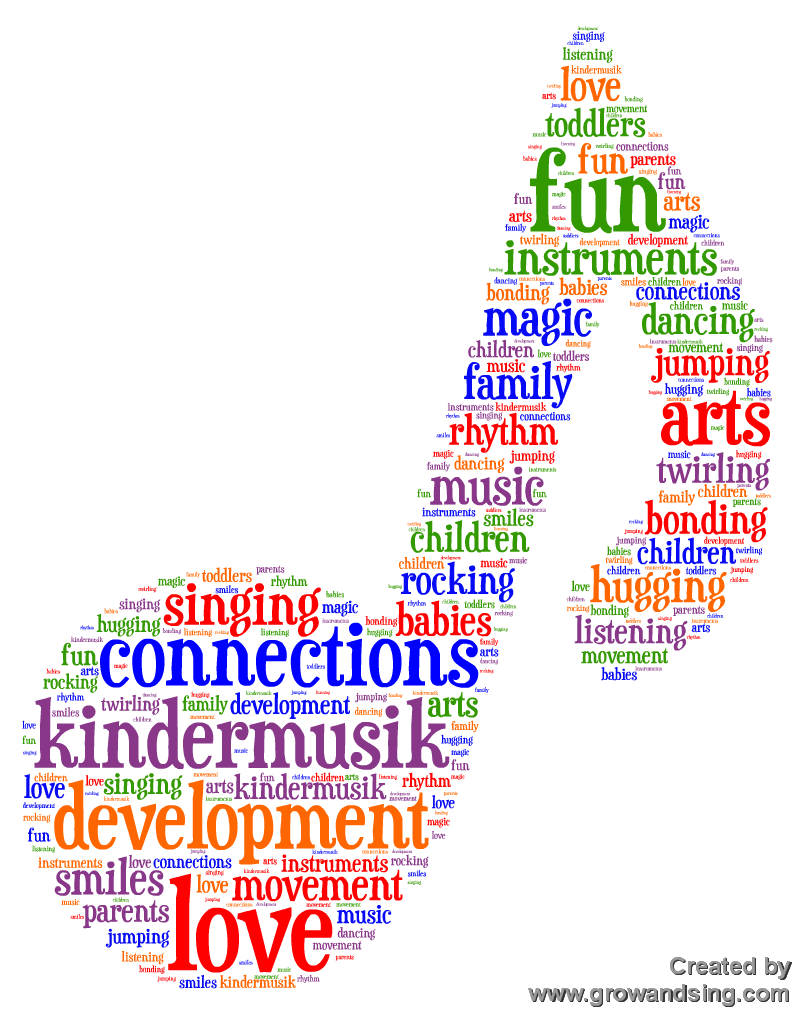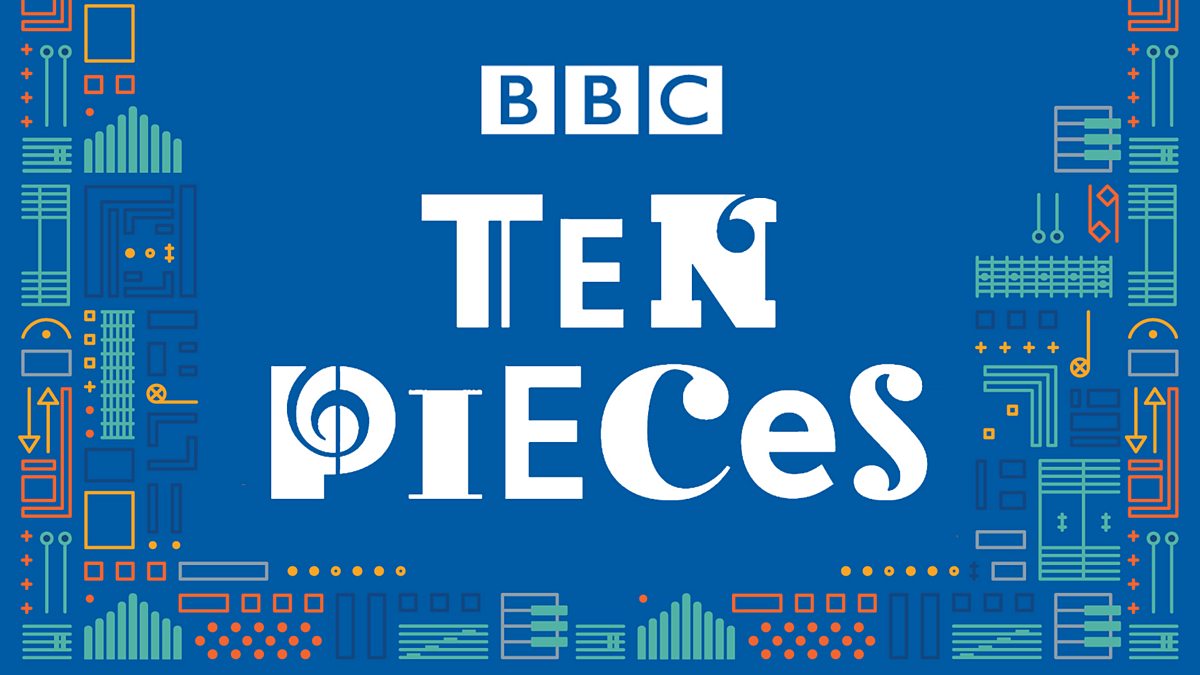Music ♫♪♪
I like it when we use the percussion instruments in our lessons. We could sing them in the playground and I liked showing my mummy and daddy. I love the challenges because I can express myself in different ways. I love playing the glockenspiel because they make a lovely sound. Music is lots of fun because we sing and learn new songs with catchy rhythms. I love learning to play new tunes on the glockenspiel. It was lots of fun learning to play new songs. I like it when we hop to the music. I love listening to the different pieces of music, it helps me compose my own.
Intent
Music is a foundation curriculum subject at St Francis Catholic Primary.
At St Francis Catholic Primary School, we believe that music is a powerful and unique form of communication that transcends cultures, abilities, and generations. Engaging in music—whether through listening or creating—fulfils an innate human need for self-expression and fosters creativity.
We recognize the significant role music plays in enhancing the broader aims of primary education, supporting learning across the curriculum, and contributing to children's personal and academic development. Music also nurtures essential lifelong skills such as listening, concentration, creativity, intuition, sensitivity, perseverance, and self-confidence.
Our overarching goal is to provide a high-quality music education that develops pupils' skills in appraising, historical understanding, composition, and performance. Through our curriculum, children are encouraged to think critically and creatively, enabling them to grow as young musicians.
We strive to expose children to a diverse range of music from various genres and historical periods. This broad listening experience helps them analyse and appreciate key characteristics of different musical styles, which they can apply in their own compositions. Exploring music across time—from past to present—also deepens their understanding of how music evolves in response to historical and cultural events.
In addition to listening, we aim to inspire children to compose their own music, offering opportunities for creativity and sound exploration. Whether working individually or collaboratively, they will develop their ability to craft original pieces of music.
Performance is a cornerstone of our music education. We provide numerous opportunities for children to perform, both as soloists and as part of ensembles, to build their confidence and stage presence. These performances may include reimagined interpretations of pre-composed pieces or original compositions, allowing students to express themselves and showcase their musical growth.
Implementation
The National Curriculum for England describes the purpose of music as thus:
'Music is a universal language that embodies one of the highest forms of creativity. A high-quality music education should engage and inspire pupils to develop a love of music and their talent as musicians, and so increase their self-confidence, creativity and sense of achievement. As pupils’ progress, they should develop a critical engagement with music, allowing them to compose, to perform and to listen, all with discrimination, confidence and enjoyment’.
At St. Francis Catholic Primary, we take great pride in our vibrant music curriculum. From Year 1 to Year 6, every child participates in a weekly music lesson. In the Early Years, music is seamlessly integrated into daily routines, enriching Phase 1 phonics, mathematics, and core curriculum subjects, while also being taught as a stand-alone discipline.
Our curriculum follows the Get Set 4 Education - Music, offering a structured and progressive approach to music education. Through this scheme, pupils engage with a variety of musical activities, including singing, playing tuned and untuned percussion instruments, and exploring music from diverse cultures and styles. They are encouraged to listen attentively and develop their understanding of key musical elements such as pitch, rhythm, and tempo. Children also compose and improvise music, culminating in Year 6 with the ability to create their own songs and musical pieces.
The teaching of notation is introduced in the Early Years using symbols, images and graphic scores, by Year 2 pupils are working with dot notation and dot notation for melody, and simple rhythmic notation. Across EYFS and both Key Stages, pupils are introduced to the history of music and the works of significant composers, building their appreciation for the art form's rich heritage.
Our music lessons align closely with the wider curriculum, embedding skills, knowledge, and understanding through Get Set 4 Music's carefully planned progression framework. This ensures lessons are differentiated and tailored to meet the needs of all learners, fostering inclusive opportunities for every child to grow as a musician and challenge themselves.
Whole-class teaching provides a rich variety of musical experiences, including appraising, composing, and performing. Lessons incorporate singing, games, improvisation, and the use of instruments to:
- Inspire enjoyment and appreciation of diverse musical styles.
- Help children identify instruments and features of key musical genres.
- Foster confidence in discussing music using accurate terminology.
Performance opportunities are central to our curriculum. Each year, all pupils participate in major performances: Nursery, Reception, Year 1, and Year 2 perform at Christmas; Years 3 and 4 take the stage in the spring term; and Years 5 and 6 showcase their talents in the summer term. In addition, children have opportunities to perform at school assemblies, class presentations, and special services at St. Francis Church, Morley. These events allow children to sing, act, play instruments, dance, and compose and perform their own music.
We also benefit from a specialist peripatetic teacher who works with small groups of KS2 pupils on instruments such as the glockenspiel, chime bars, or recorder. These sessions take place weekly, with progress shared with class teachers. Talented musicians are identified and offered further opportunities to hone their skills.
Our music curriculum ensures children develop the skills to sing, listen, play, perform, and evaluate music. These abilities are embedded in classroom activities and supported by numerous performance opportunities throughout the year, such as assemblies and school productions. Using Charanga’s resources, pupils gain a deep understanding of how music is created, performed, appreciated, and analysed.
In addition, music at St. Francis is thoughtfully linked to PSHE through our whole-school emphasis on mindfulness. Music is embraced as a powerful tool to enhance mental well-being, helping children reduce stress, improve focus, and boost confidence. Mindfulness in music nurtures a sense of joy and self-expression, enriching our pupils' overall musical experience and fostering resilience and creativity.
Impact
Music Long Term Plan 2025-2026
National Curriculum Programmes of Study for Music



































